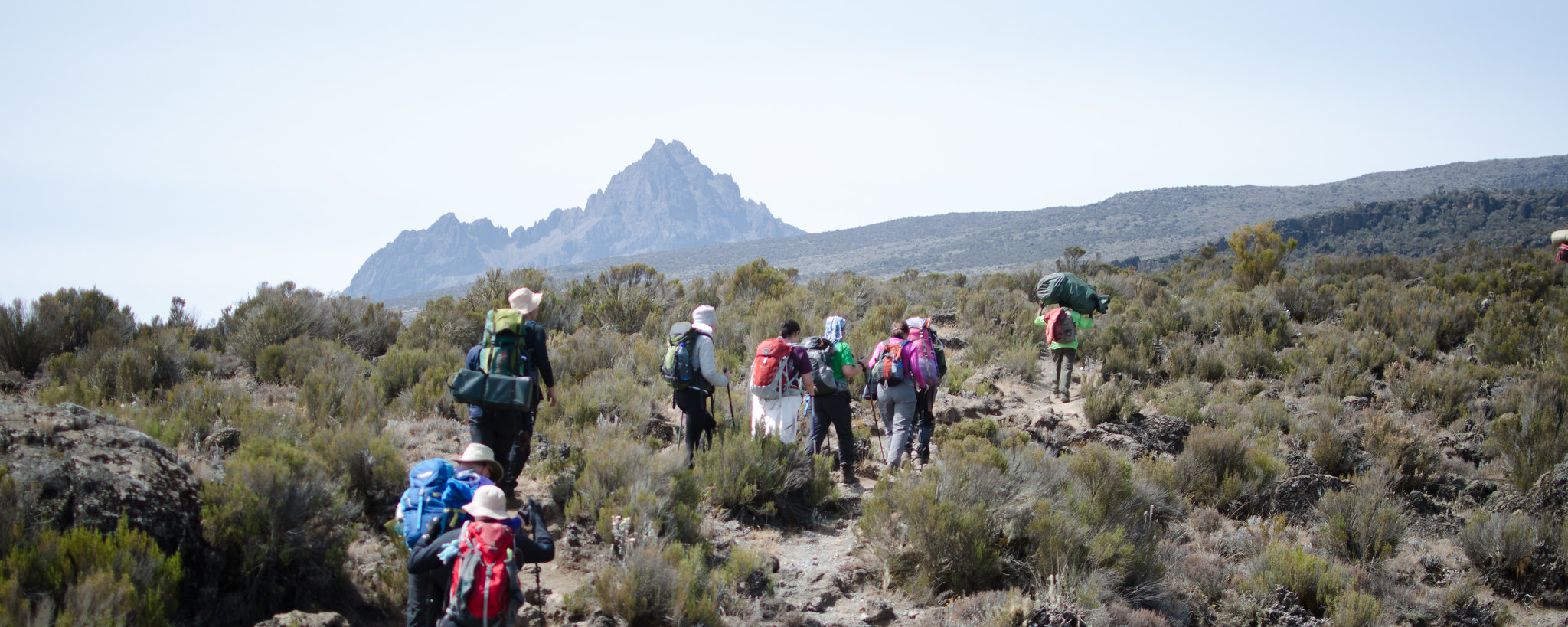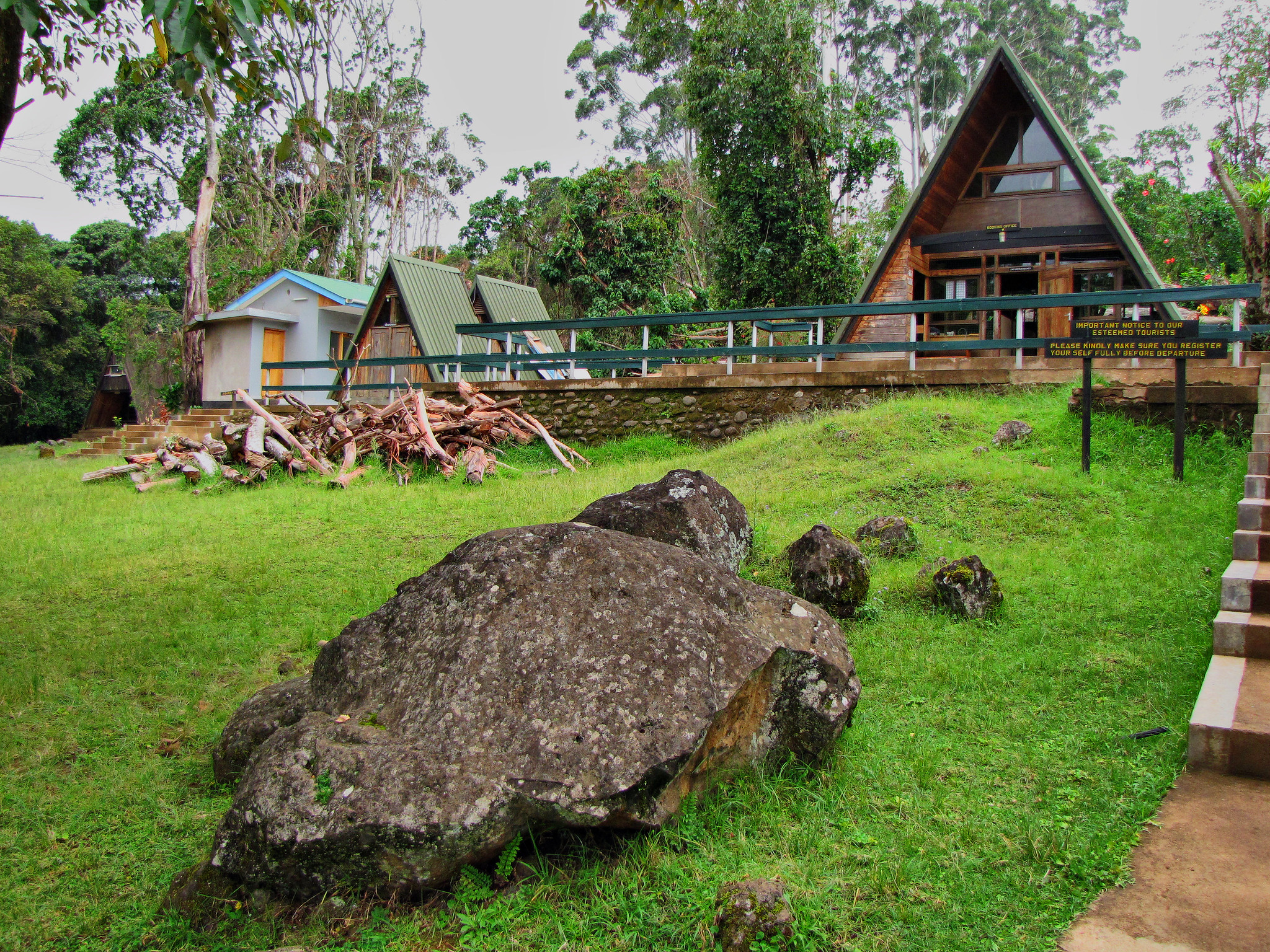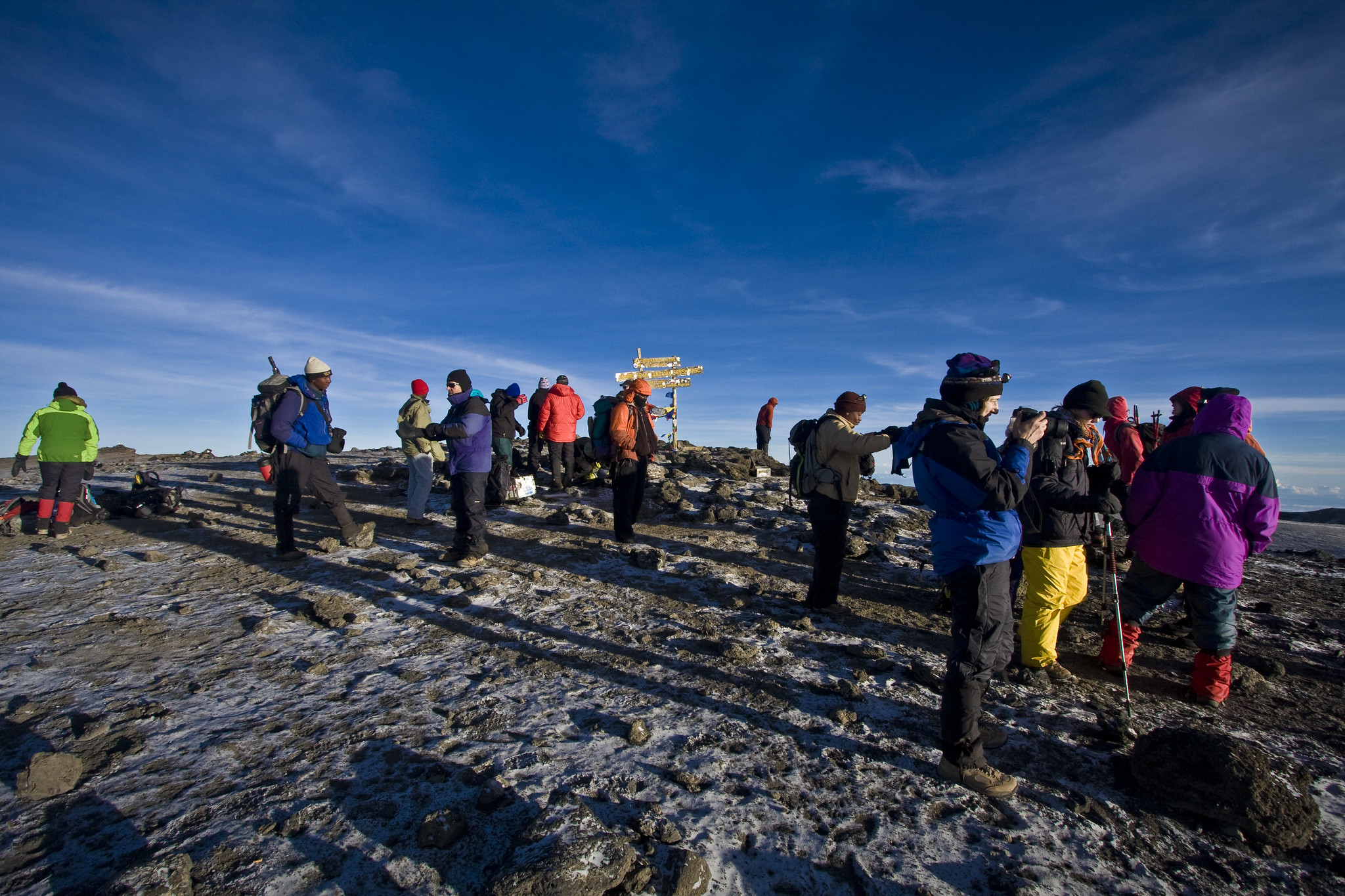Rubona Peninsula
The neighborhood is on the Lake Kivu lake-shore, about 4 kilometres (2 mi), south of the central business district of Gisenyi, Rubavu District, in the Western Province of Rwanda
Roughly 6km south of town (about RFr1000 by moto-taxi), along a lovely lakeshore road, the Rubona Peninsula is Lake Kivu at its finest. Hills rise steeply from the lake foreshore and are a patchwork of garden plots and small homesteads. The shore itself is often rocky, although there are enough sandy spots and places suitable for swimming. It’s a very popular weekend destination, with a smattering of beach resorts.
The steep hills in Rubona are populated by small homesteads with surrounding gardens. The lake shore is rocky, in most areas, with occasional sandy spots and places suitable for swimming. It attracts many visitors on weekends. Rubona is also the location of natural hot springs, which are used for boiling potatoes and are reported to cure a variety of ailments.
The frontiers of the Congo Free State were defined by the Neutrality Act during the 1885 Berlin Conference, in which the European powers staked out their territorial claims in Africa. This placed all of Lake Kivu in the Free State. In June 1909 John Methuen Coote started the Kivu frontier incident when he travelled southwest from the British colony of Uganda and established fortified camps at Burungu and Rubona (Lubuna). British troops under Coote withdrew from the Rubona post on 29 June 1909, and the Belgians occupied the post. After a series of incidents the boundaries of the Congo, Uganda and Rwanda were settled in May 1910, with Rubona assigned to the German colony of Rwanda.
In the early morning or late evening, it’s common to see dozens of small fishing boats around the bay – a magical sight. Rubona is also home to some natural hot springs (RFr1000), which are reported by locals to cure a variety of ailments and are great for boiling potatoes. They can be accessed either by boat or by moto-taxi.



